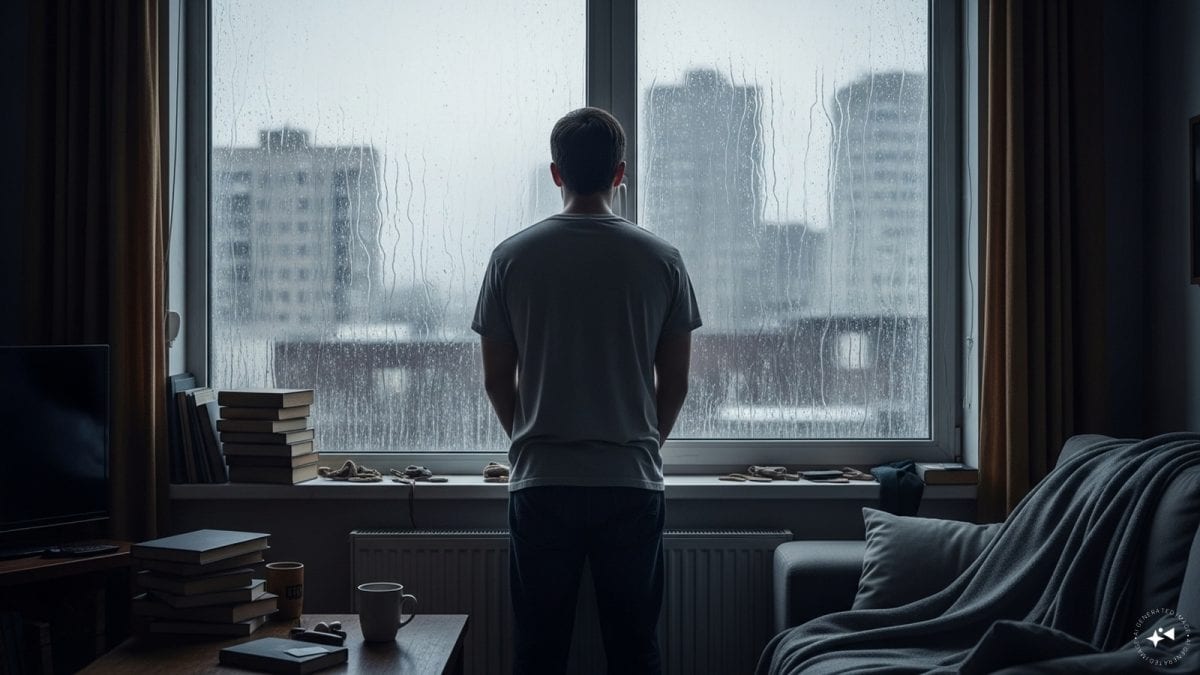Last Updated:
Chronic loneliness often results in unhealthy habits such as poor eating, lack of exercise, and insufficient sleep – all of which increase the risk of heart problems.

Chronic loneliness raises cortisol and adrenaline, increasing heart strain.
Heart disease is often linked to lifestyle choices like diet, smoking, and exercise. But doctors are warning about another, less visible threat – social isolation. With urbanisation, changing family structures, and an overreliance on digital communication, more Indians are living with fewer meaningful social connections. This lack of support is proving to be more than an emotional burden; it’s emerging as a serious cardiovascular risk.
“Social isolation is more than just an emotional challenge; it is a significant risk factor for heart health. Chronic loneliness triggers the body’s stress response, raising cortisol and adrenaline levels, which in turn increase blood pressure, heart rate, and inflammation in blood vessels. Over time, these effects strain the cardiovascular system, on par with risks from smoking, obesity, or physical inactivity,” says Dr. Ashok Malpani, Senior Consultant – Cardiology, BM Birla Heart Hospital, Kolkata.
The Growing Burden of Loneliness
In India, the problem is only getting bigger. “The problem of social isolation and loneliness is rapidly increasing in India, primarily due to urbanisation, evolving family dynamics, and the rise of social media,” notes Dr. Shivi Kataria, Consultant – Psychiatry, CK Birla Hospitals, Jaipur.
The consequences go beyond mood. “Social isolation deprives people of emotional and mental support, which often translates into stress in the human body. As a result, cortisol levels rise, increasing blood pressure, heart rate, and vascular inflammation. Over time, these changes elevate the risk of heart attacks and strokes,” Dr. Kataria adds.
Why Human Connection Matters for the Heart
For cardiologists, the evidence is clear: meaningful connections can literally protect the heart. “People who are alone or isolated are more likely to develop heart disease, high blood pressure, and even strokes. Chronic loneliness often leads to unhealthy habits like eating poorly, skipping exercise, and sleeping less – all of which compound the risk of heart problems,” explains Dr. Amit Kumar Chaurasia, Chief Cath Lab & TAVI, Artemis Hospitals.
Dr. Chaurasia emphasises simple preventive steps: “Keeping strong social ties – with family, friends, and community groups – can help keep the heart healthy. Making regular phone calls, joining hobby groups, and volunteering are easy ways to feel less alone and improve mental well-being.”
Building Bonds to Protect Hearts
The growing research makes one truth unavoidable: relationships are as important for heart health as nutrition or exercise. Strengthening social connections, whether through family time, friendships, or community involvement, can reduce stress, encourage healthier habits, and improve recovery for those with existing conditions. Protecting the heart, it seems, is not just about what we eat or how much we move, but it’s also about who we connect with along the way.
Delhi, India, India
September 14, 2025, 14:15 IST








